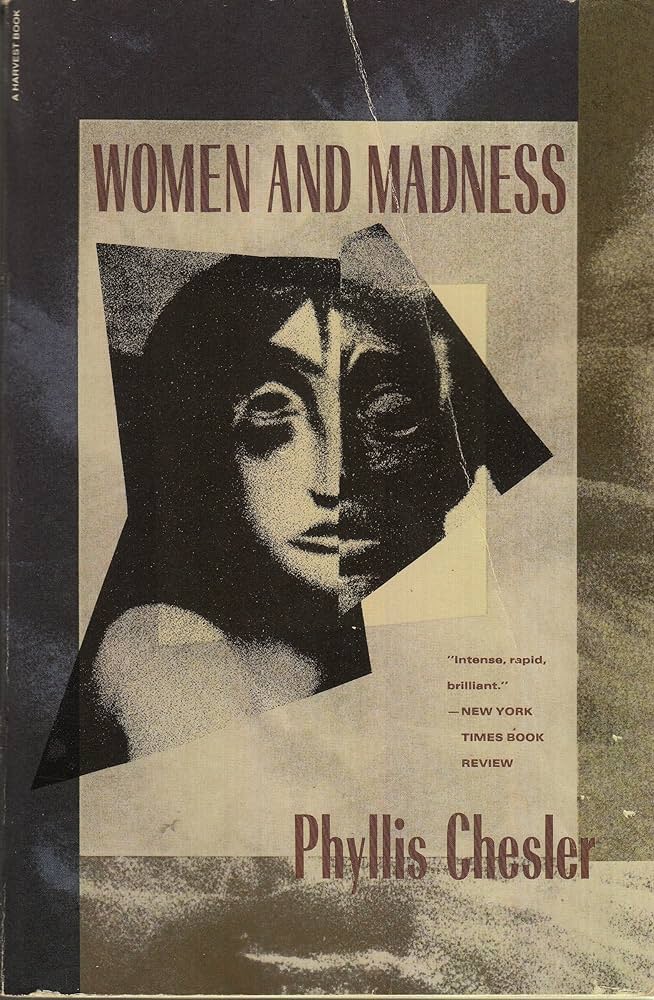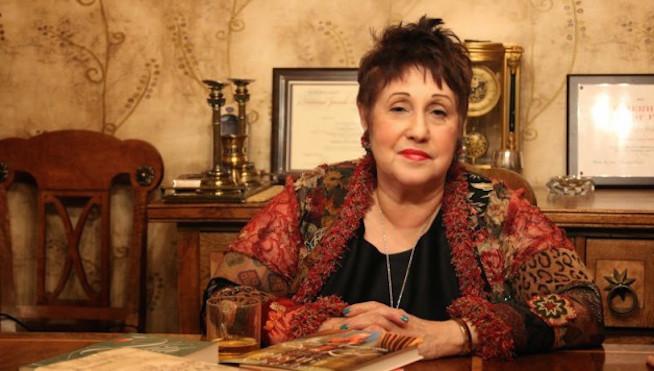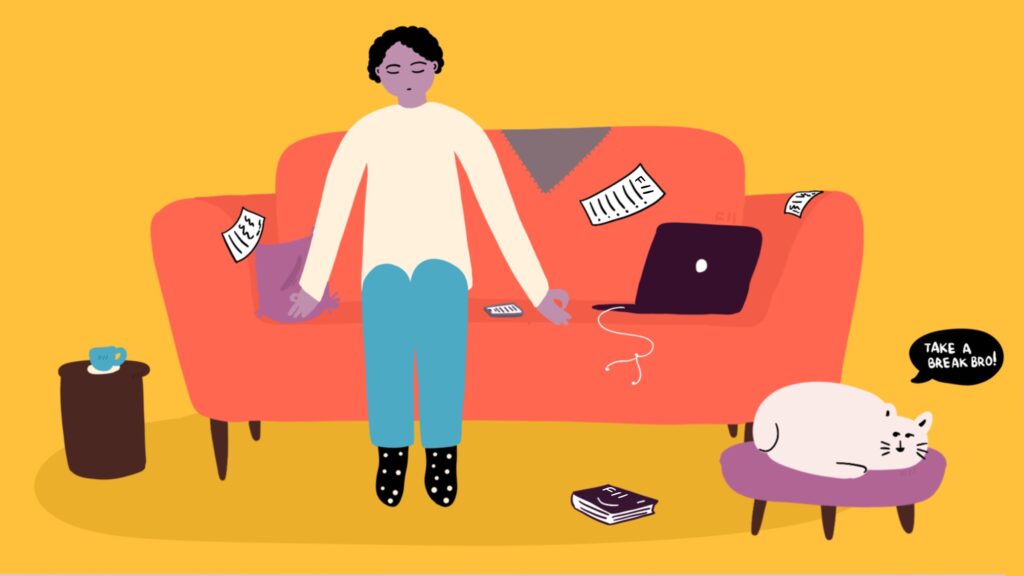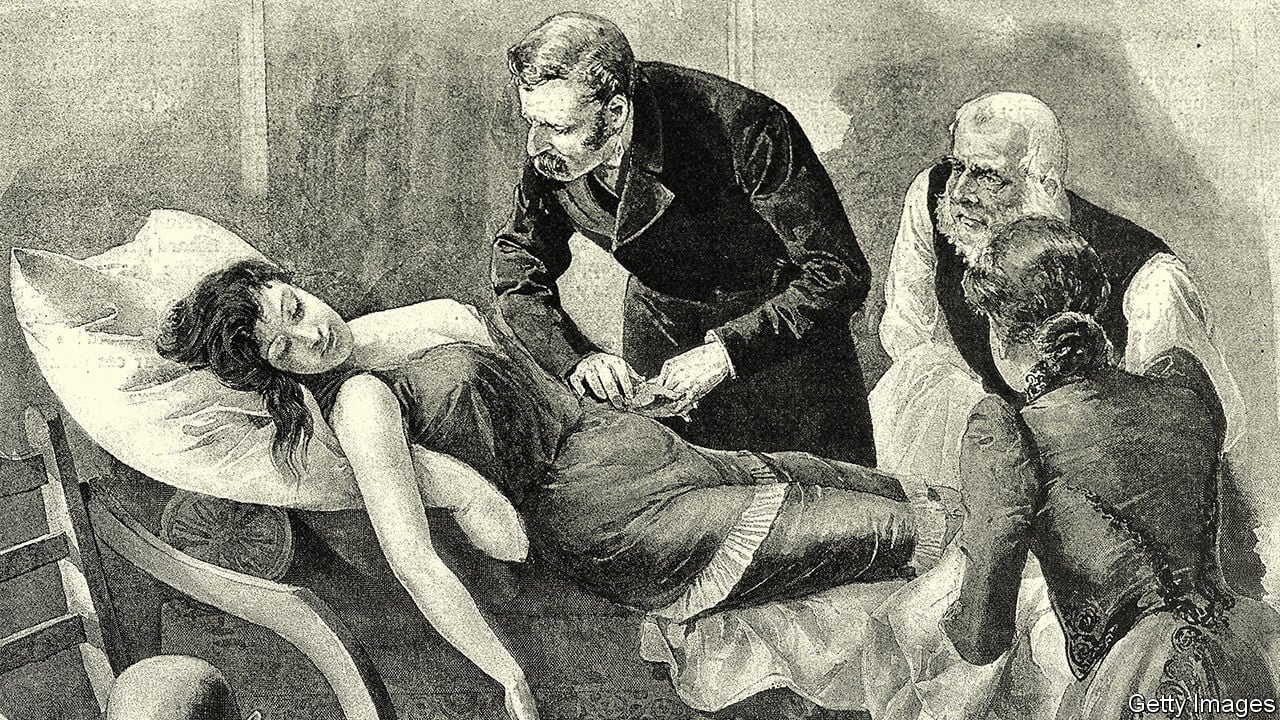The relationship between women and madness has long been a subject of fascination, inquiry, and controversy throughout history. This complex and multifaceted topic delves into the intersection of gender, mental health, societal expectations, and the historical treatment of women. It raises critical questions about how women’s mental health has been perceived, diagnosed, and stigmatised over time.
Throughout various historical epochs, women’s mental health issues have often been pathologised and misunderstood. Stereotypes and misconceptions about women and madness have persisted, perpetuating harmful notions that link femininity to emotional instability.
In the realm of psychology, it fails to highlight the systemic factors that contribute to psychological distress among women and instead, women have always been treated by the standards set by the patriarchal society’s gender norms and any deviation from that has led to the cause of women being labelled as “aggressive,” “promiscuous,” “depressed,” etc.

As feminist scholar Phyllis Chesler in her book Women and Madness says, “What we consider ‘madness,’ whether it appears in women or in men, is either the acting out of the devalued female role or the total or partial rejection of one’s sex-role stereotype.”
Thus, the scepticism will always lurk – Is it merely a coincidence that hysteria, which is notably derived from the Greek word for “uterus,” was initially perceived as a condition exclusive to women?
Phyllis Chesler and the ‘Women and Madness’
Phyllis Chesler in her significant work “Women and Madness,” has shed light upon the notion of a “female psychology,” conditioned by an oppressive and patriarchal culture. Chesler’s thesis, as outlined in her work, suggests that in fields like psychology and psychiatry, which have traditionally been male-dominated, as well as in societies that tend to devalue women and encourage them to undervalue themselves, the judgments surrounding mental health, mental illness, treatment modalities, and even the definitions of cure are inherently influenced by patriarchal norms. In this context, patriarchal norms refer to the societal standards, beliefs, and expectations that are predominantly shaped by male perspectives and interests.

One central argument of Chesler’s thesis is that the criteria for assessing mental health and illness are constructed through a male-centric lens. This means that the standards of what constitutes “healthy,” “neurotic,” or “psychotic,” behaviour are established based on a framework that reflects male-centric values and perspectives.
For instance, the definition of a “normal,” woman, according to this thesis, may align with traditional gender roles, such as being an unemployed homemaker. Such a definition implies that women who deviate from these prescribed roles may be unfairly labelled as “abnormal,” or “neurotic.”
Furthermore, Chesler’s thesis posits that these judgments and classifications are rooted in the broader societal structure that perpetuates gender inequalities. As a result, women may find themselves constrained by these patriarchal expectations, limiting their personal and professional growth and potentially affecting their mental health.
In essence, Phyllis Chesler’s argument underscores the need for a critical examination of the role of gender in mental health assessments, treatment strategies, and societal expectations. It calls for a shift away from patriarchal norms and toward more inclusive and equitable approaches in the fields of psychology and psychiatry, as well as within society at large, to ensure that judgments about mental health and illness are fair, unbiased, and sensitive to the diverse experiences of women and men.
Applying Phyllis Chesler’s arguments to the current scenario
Even today, mental health professionals and everyone else have a very specific construction of who women are and that constructed image of women is devalued as well in comparison to their male counterparts. In today’s society, there are still persistent stereotypes and biases about women. The expectation for a woman to conform to traditional roles, such as being passive, dependent, emotional, and less skilled in math or science, can result in her receiving less respect.
Conversely, a woman who exhibits qualities like assertiveness, independence, emotional stability, and proficiency in fields like physics may also face challenges in garnering respect and may even encounter judgments about her mental well-being. Comments such as, “She’s not married. She’s not a mother. She’s not normal. She can’t be happy,” continue to perpetuate these stereotypes.

Addressing women’s mental health issues cannot be adequately accomplished solely through individual therapy and counselling. These issues have deeply rooted origins within society, necessitating a broader examination and questioning of prevailing societal norms on a large scale. The traditional mental health professionals had, as yet, neither understood nor liberated women. Despite societal progress, many aspects of these professions still reflect historical gender biases.
In the counselling discourse of listening to the women about how they are feeling and untangling the intertwined emotions and eventually guiding them to reach comfort, peace, the therapists often conform to the accepted societal standards of living – they often focus on preserving or mending marital relationships, sometimes neglecting women’s autonomy and well-being. This bias can be especially detrimental to women trapped in abusive or oppressive marriages.
The domain of therapy, counselling, and psychology still lacks a feminist understanding of issues. Feminist psychology argues for a more holistic approach that considers societal factors and systemic inequalities affecting women’s mental health. Ignoring feminist literature and dismissing feminist perspectives can perpetuate these problems, leaving many women without the support and understanding they need.
A feminist therapist believes in validating a woman’s experiences by reassuring her that her feelings are entirely normal when she’s overwhelmed, frustrated, or saddened by the burdens of being overworked, undervalued, and underpaid. Such a therapist encourages women to embrace their healthy coping mechanisms, even if it means daydreaming about escaping stressful situations when the demands of caregiving or family life become too much to bear.

A feminist therapist doesn’t label a woman as mentally ill just because she shows strong emotions or doesn’t conform to traditional gender roles. Feminists believe that women aren’t mentally ill for pursuing careers, being in same-sex relationships, staying single, having affairs, seeking divorce, staying celibate, having abortions, using birth control, having children without marriage, or making choices about breastfeeding.
Sadly, some women face losing custody of their children due to these choices, as some professionals in courtrooms see them as unfit parents based on outdated ideas. Feminists argue for fair treatment and understanding, rather than judgment, in these situations.
About the author(s)
I'm a Political Science graduate. My area of interest is identity politics, politics of violence, and post-colonialism. I'm passionate about politics, history, literature and art. I unwind by journaling.






